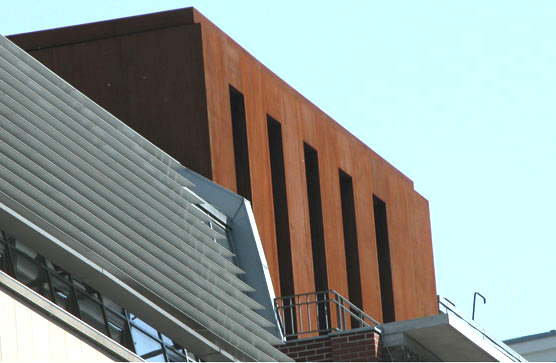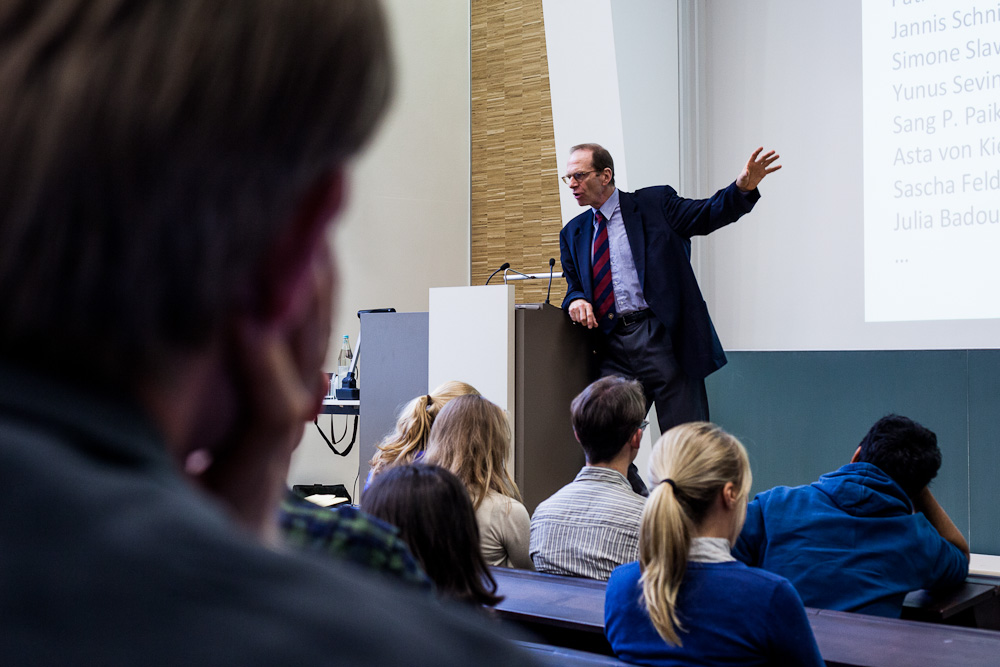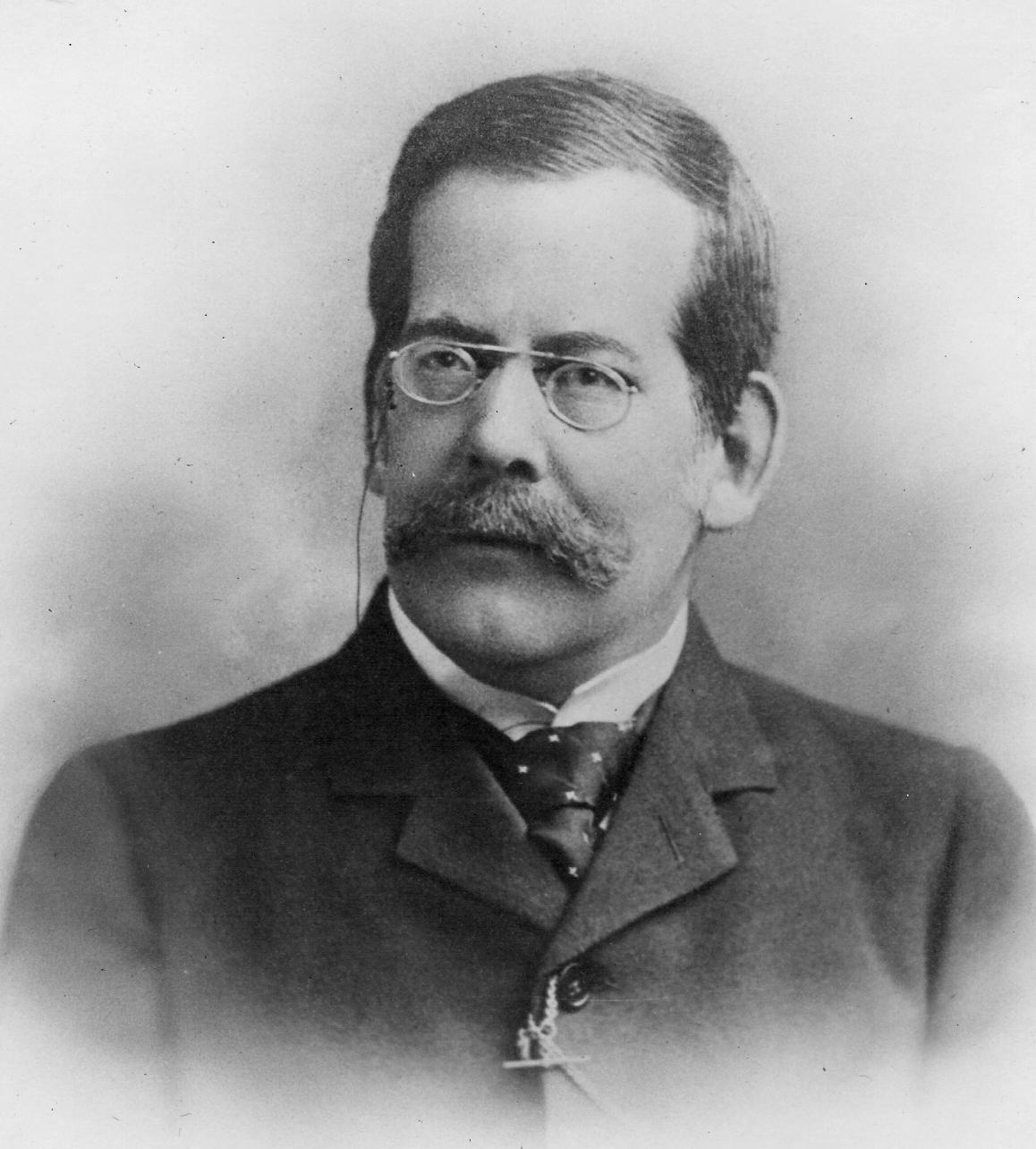|
Studienstiftung Des Deutschen Volkes
The German Academic Scholarship Foundation (German: , or ''Studienstiftung'' for short) is Germany's largest and most prestigious scholarship foundation. According to its statutes, it supports "the university education of young people who, on account of their exceptional academic or artistic talents and their personalities, can be expected to make an outstanding contribution to society as a whole". The ''Studienstiftung'' is non-political, non-denominational and ideologically independent. Its headquarters are located in Bonn; it also has an office in Berlin. The current president is Reinhard Zimmermann, and the President of Germany, Frank-Walter Steinmeier, is patron ('). The ''Studienstiftung,'' like 12 other scholarship foundations (), is funded by the German Federal Ministry of Education and Research, with funds from the federal government, the German federal states and local authorities, numerous foundations and businesses as well as numerous private donors. In 2015, the ''St ... [...More Info...] [...Related Items...] OR: [Wikipedia] [Google] [Baidu] |
Reinhard Zimmermann
Reinhard Zimmermann (born 10 October 1952) is a German jurist and a director of the Max Planck Institute for Comparative and International Private Law. Since 2011 he has been the President of the Studienstiftung des deutschen Volkes. Life Zimmermann was born in Hamburg and studied law at the University of Hamburg as a research associate under Hans Hermann Seiler. After completing his State Examination in 1979 he became a research assistant to Peter Meincke in Cologne, before taking over the Chair of Roman law and Comparative law (named for W. P. Schreiner) at the University of Cape Town in 1981. There he wrote the bulk of ''The Law of Obligations: Roman Foundations of the Civilian Tradition'', now widely regarded as one of the most important works of comparative legal scholarship of the 20th century. In 1988 he returned to Germany and was appointed a professor at the University of Regensburg. Since 2002 he has been a director at the Max Planck Institute for Comparative and Inte ... [...More Info...] [...Related Items...] OR: [Wikipedia] [Google] [Baidu] |
Beethoven House
The Beethoven House (German: ''Beethoven-Haus'') in Bonn, Germany, is a memorial site, museum and cultural institution serving various purposes. Founded in 1889 by the Beethoven-Haus association, it studies the life and work of composer Ludwig van Beethoven. The centrepiece of the Beethoven-Haus is Beethoven's birthplace at Bonngasse 20. This building houses the museum. The neighbouring buildings (Bonngasse 18 and 24 to 26) accommodate a research centre (Beethoven archive) comprising a collection, a library and publishing house, and a chamber music hall. Here, music lovers and experts from all over the world can meet and share their ideas. The Beethoven-Haus is financed by the Beethoven-Haus association and by means of public funds. The house at Bonngasse History Entrance The house at Bonngasse 20 (formerly: 515) featuring a baroque stone facade was erected around 1700 on an older cellar vault. It is one of the few remaining middle-class houses from the era of the prince ... [...More Info...] [...Related Items...] OR: [Wikipedia] [Google] [Baidu] |
Science, Technology, Engineering, And Mathematics
Science, technology, engineering, and mathematics (STEM) is an umbrella term used to group together the distinct but related technical disciplines of science, technology, engineering, and mathematics. The term is typically used in the context of education policy or curriculum choices in schools. It has implications for workforce development, national security concerns (as a shortage of STEM-educated citizens can reduce effectiveness in this area) and immigration policy. There is no universal agreement on which disciplines are included in STEM; in particular whether or not the ''science'' in STEM includes social sciences, such as psychology, sociology, economics, and political science. In the United States, these are typically included by organizations such as the National Science Foundation (NSF), which deals with all matters concerning science and new discoveries in science as it affects development, research, and innovations, the Department of Labor's O*Net online database ... [...More Info...] [...Related Items...] OR: [Wikipedia] [Google] [Baidu] |
German Federal Foreign Office
, logo = DEgov-AA-Logo en.svg , logo_width = 260 px , image = Auswaertiges Amt Berlin Eingang.jpg , picture_width = 300px , image_caption = Entrance to the Foreign Office building , headquarters = Werderscher Markt 110117 Berlin , formed = , jurisdiction = Government of Germany , employees = 11,652 Foreign Service staff5,622 local employees , budget = €6.302 billion (2021) , minister1_name = Annalena Baerbock , minister1_pfo = Federal Minister for Foreign Affairs , chief1_name = Anna Lührmann , chief1_position = Minister of State for Europe at the Foreign Office , chief2_name = Katja Keul , chief2_position = Minister of State at the Foreign Office , chief3_name = Tobias Lindner , chief3_position = Minister of State at the Foreign Office , website = The Federal Foreign Office (german: Auswärtiges Amt, ), abbreviated AA, is the foreign ministry of the Federal Republic of Germany, a federal ... [...More Info...] [...Related Items...] OR: [Wikipedia] [Google] [Baidu] |
KAUST
King Abdullah University of Science and Technology (KAUST; ar, جامعة الملك عبد الله للعلوم و التقنية ') is a private research university located in Thuwal, Saudi Arabia. Founded in 2009, the university provides research and graduate training programs in English as the official language of instruction. KAUST is the first mixed-gender university campus in Saudi Arabia. In 2013, the university was among the 500 fastest growing research and citation records in the world. In the 2016 Nature Index Rising Stars, the university ranked 19th in the world of the fastest rising universities for high quality research output. In 2019 KAUST is ranked 8th fastest rising young universities (aged 50 and under) for their research output since 2015, as measured by fractional count (FC). History In 2006, Ali Al-Naimi chaired a Saudi Aramco team to undertake the building and planning of the academics. Nadhmi Al-Nasr was chosen to lead the project. They empl ... [...More Info...] [...Related Items...] OR: [Wikipedia] [Google] [Baidu] |
Tutor
TUTOR, also known as PLATO Author Language, is a programming language developed for use on the PLATO system at the University of Illinois at Urbana-Champaign beginning in roughly 1965. TUTOR was initially designed by Paul Tenczar for use in computer assisted instruction (CAI) and computer managed instruction (CMI) (in computer programs called "lessons") and has many features for that purpose. For example, TUTOR has powerful answer-parsing and answer-judging commands, graphics, and features to simplify handling student records and statistics by instructors. TUTOR's flexibility, in combination with PLATO's computational power (running on what was considered a supercomputer in 1972), also made it suitable for the creation of games — including flight simulators, war games, dungeon style multiplayer role-playing games, card games, word games, and medical lesson games such as ''Bugs and Drugs'' (''BND''). TUTOR lives on today as the programming language for the Cyber1 PLATO Sys ... [...More Info...] [...Related Items...] OR: [Wikipedia] [Google] [Baidu] |
Workshop
Beginning with the Industrial Revolution era, a workshop may be a room, rooms or building which provides both the area and tools (or machinery) that may be required for the manufacture or repair of manufactured goods. Workshops were the only places of production until the advent of industrialization and the development of larger factories. In the 20th and 21st century, many Western homes contained a workshop in either the garage, basement, or an external shed. Home workshops typically contain a workbench, hand tools, power tools, and other hardware. Along with the practical application of repairing goods, workshops are often used to tinker and make prototypes. Some workshops focus exclusively on automotive repair or restoration although there are a variety of workshops in existence today. Woodworking, metalworking, electronics, and other types of electronic prototyping workshops are among the most common. Backshop In some repair industries, such as locomotives and a ... [...More Info...] [...Related Items...] OR: [Wikipedia] [Google] [Baidu] |
Language Courses
Language education – the process and practice of teaching a second or foreign language – is primarily a branch of applied linguistics, but can be an interdisciplinary field. There are four main learning categories for language education: communicative competencies, proficiencies, cross-cultural experiences, and multiple literacies. Need Increasing globalization has created a great need for people in the workforce who can communicate in multiple languages. Common languages are used in areas such as trade, tourism, diplomacy, technology, media, translation, interpretation and science. Many countries such as Korea (Kim Yeong-seo, 2009), Japan (Kubota, 1998) and China (Kirkpatrick & Zhichang, 2002) frame education policies to teach at least one foreign language at the primary and secondary school levels. However, some countries such as India, Singapore, Malaysia, Pakistan, and the Philippines use a second official language in their governments. According to GAO (2010), Chi ... [...More Info...] [...Related Items...] OR: [Wikipedia] [Google] [Baidu] |






